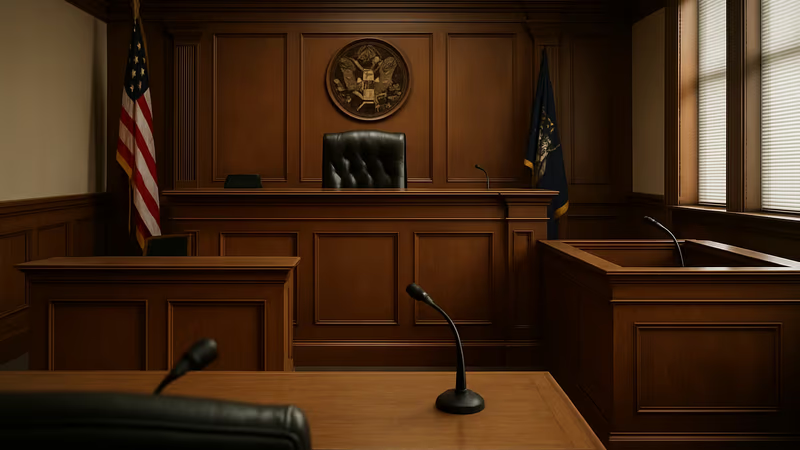Key Takeaway
New York court ruling on EUO transcript admissibility under the "New York doctrine" - when examination under oath testimony is inadmissible as hearsay in no-fault cases.
Masigla v MVAIC, 2020 NY Slip Op 51612(U)(App. Term 2d Dept. 2021)
“The Court finds that defendant failed to establish that the assignor’s EUO transcript should be treated as an exception to the hearsay rule as a statement against interest. In a similar matter, JSI Expert Serv. v. Liberty Mut. Ins. Co., 7 Misc 3d 1000 (A) , the defendant attempted to use an EUO transcript as evidence at trial claiming, that the [*4]EUO transcript was a hearsay exception because it was an admission against interest. In JSI Expert Serv., the Court found that the “New York doctrine,” which states “In New York declarations of a vendor or assignor of a chattel or chose in action, whether made before or after the transfer, are inadmissible to affect the claim or title of a subsequent transferee for value” was applicable and therefore, the hearsay exception for admission against interest was inapplicable. Id. quoting Richardson on Evidence, Farrell 11th ed., §§ 8-239 and 8-241.
Similarly, in this matter plaintiff argues that the “New York Doctrine” is applicable and therefore, the EUO is not admissible. This is the same argument adopted by the Court in JSI Expert Serv. In 2006, this issue was again visited and it was held that, “the declarations of an assignor, whether made before or after the assignment, are inadmissible as against the assignee.” CPT Med. Serv., P.C. v. Utica Mut. Ins., 12 Misc 3d 237 . The Court finds the Court’s decisions in JSI Expert Serv. and CPT Med. Serv, to be persuasive, and that the “New York doctrine” in applicable in this instance therefore, the EUO testimony is hearsay and not admissible.”
EUO’s, if properly certified, are admissions. So are statements and videotapes. With new judges come the resurgence of some weird old law holdings. Global Liberty Ins. Co. v Laruenceau, 187 A.D.3d 570, 571 (1st Dept. 2020). History is prologue

